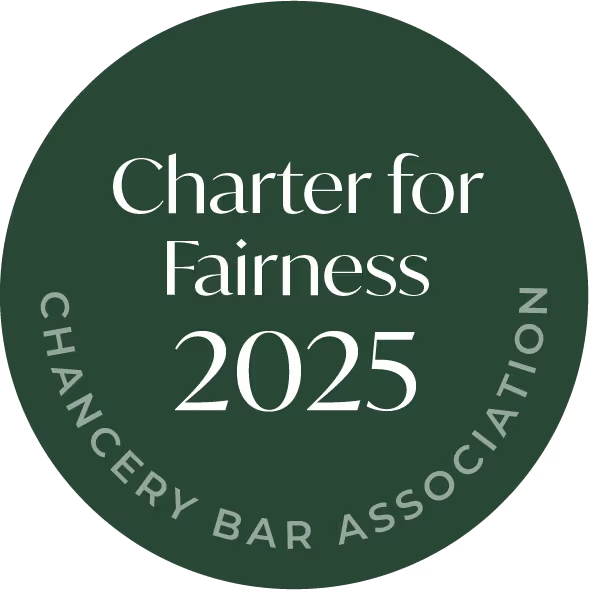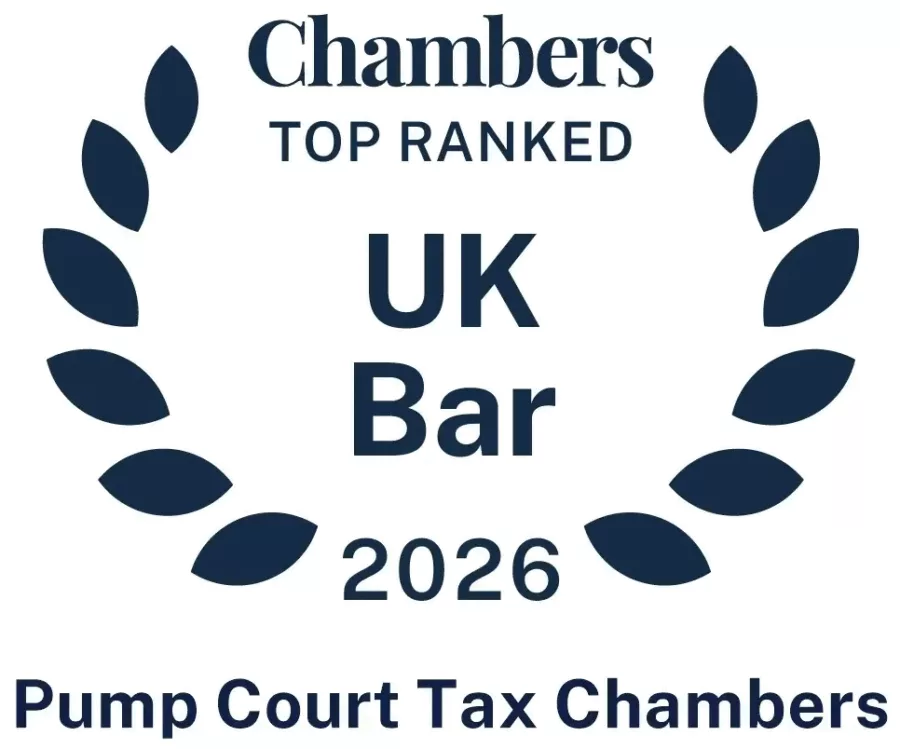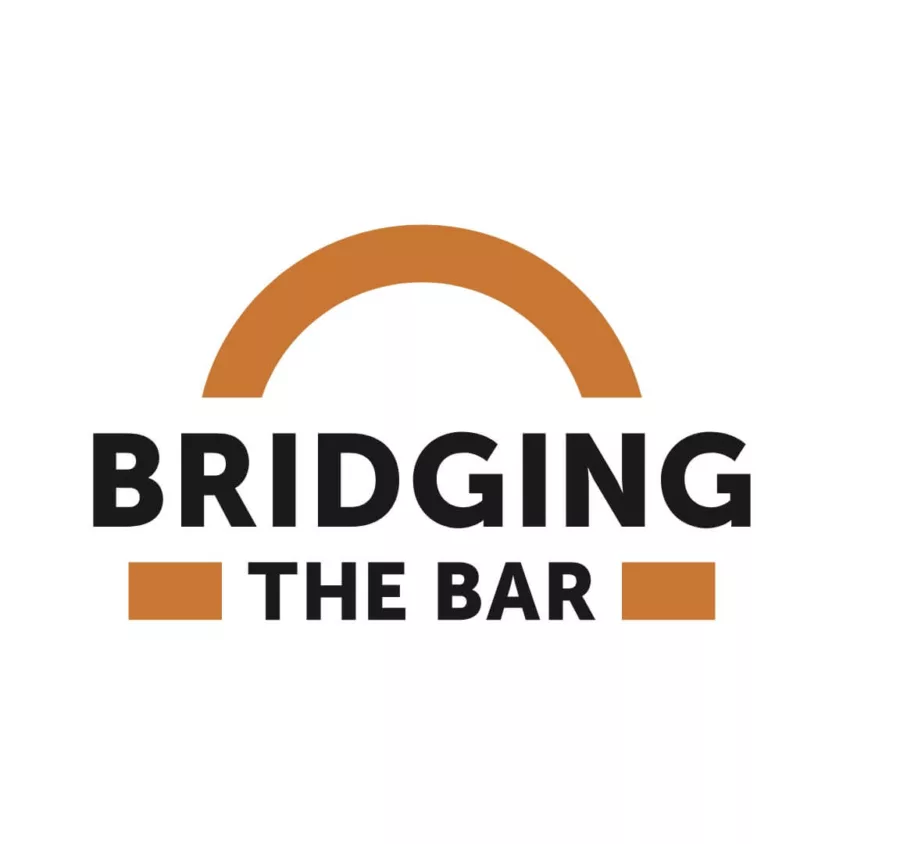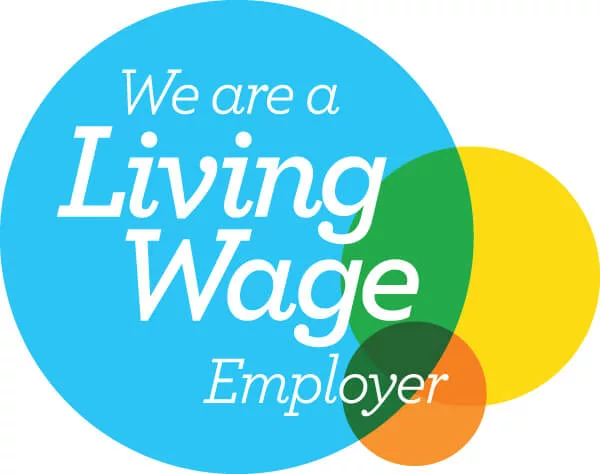Peter Nias and Ben Elliott consider a recent practice statement and other measures supporting the greater use of ADR in this article published in Tax Journal.
A recently issued FTT Practice Statement is one of several proposals that are being introduced to give tribunal support to the use of ADR in tax dispute management. The Statement reinforces the tribunal’s commitment to facilitating ADR and emphasises potential costs consequences aimed at ensuring all parties give due consideration to ADR. Further measures supporting the greater use of ADR, including directions which not only encourage but effectively require the parties to engage in ADR, will also be used in appropriate cases.
In June 2020, as a result of Covid exacerbating the delay in the time it was taking for a tax appeal to come before the tribunal, the First-tier Tribunal President Greg Sinfield issued a Practice Statement under Rule 3 of the Tribunal Rules encouraging the use of Alternative Dispute Resolution (ADR) procedures in the management of tax disputes, both before litigation and after an appeal had been made to the tribunal.
Five years on, Judge Sinfield’s successor as President, Judge Amanda Brown KC, has now released (9 May 2025) an updated Practice Statement as part of a package of measures being introduced by the tribunal to make litigation more efficient (or possibly avoid it altogether) with the objective of saving time and cost, and ultimately helping to reduce delays. The new measures have been worked on for a number of months by a group of stakeholders including both judges Sinfield and Brown, the two authors of this article and other representatives from the professional community as well as HMRC.
The 2020 Statement opened the way for ADR to be introduced after proceedings had commenced, even once HMRC had issued their Statement of Case since prior to that time only in exceptional circumstances would HMRC accept an ADR application where the issue of their statement of case was imminent. However, whilst the 2020 Statement allowed the ADR process to be engaged at a later date in the dispute journey, concern has remained that not enough is done by the parties to agree both facts and law as the tribunal often encourages them to do in advance of a hearing.
In this respect, the guidance in HMRC‘s Litigation and Settlement Strategy (LSS) Commentary is clear. Even where litigation is inevitable, the parties ‘should continue to work collaboratively in order to ensure that the resolution of dispute through litigation is as efficient/cost-effective as possible’. HMRC have launched their own open consultation on how to improve their approach to dispute resolution through the Tax Administration Framework Review (TAFR), including reforms to improve access to ADR (published 28 April 2025).
The updated 2025 Statement
The 2025 Statement restates but refreshes the substance of the 2020 Statement. It confirms that the tribunal will support ADR in a case even after an appeal has been made to it noting that it is for both parties – not just the taxpayer – to inform the tribunal once an application for ADR has been accepted. It also repeats the earlier statement that ADR can be used before an appeal has been made to the tribunal and that ‘all parties should consider whether ADR may be appropriate and keep the possibility of ADR in mind as the appeal progresses’.
The 2025 Statement also now includes a new passage on costs in relation to ADR, and provides, as a reminder to both parties, that ‘an unreasonable failure to consider or entering into ADR may, in an appropriate case, result in costs being awarded against a party or in a party recovering a lower proportion of their costs’.
This is not a change to the current position before the tax tribunal: see, for example, Cannon v HMRC [2018] UKFTT 160 (TC) in which it held that it is unreasonable for HMRC to decline to engage with the taxpayer with a view to settlement.
The purpose of the amendment is to emphasise to parties their obligation to consider ADR as part of their reasonable conduct during the proceedings, and the sanction that the tribunal may apply if it considers that a party has failed to comply with that obligation. That is certainly not to say that parties are obliged to enter into ADR; but HMRC and professionally-represented taxpayers are obliged to consider ADR and, if at the end of the proceedings it appears that the dispute could obviously have been resolved or streamlined through ADR, then one or both parties may need to explain why it was reasonable not to attempt to do so.
Other tribunal measures
The 2025 Statement is part of a number of proposals that have been considered to give tribunal support to the use of ADR in tax dispute management.
In accordance with the Practice Statement, the tribunal will, where appropriate and in accordance with the overriding objective, use directions which not only encourage but effectively require the parties to engage in ADR in cases in which a judge has reviewed the case and considers that ADR may be appropriate. This is a significant power, although it is likely to be exercised only in those relatively few cases where a judge has been reviewing the issues in the case (for example, when making a case management decision), and any direction may be subject to the parties’ making submissions as to why ADR is inappropriate. FTT President, Judge Amanda Brown KC, has released an updated Practice Statement as part of a package of measures being introduced by the tribunal to make litigation more efficient
Judges will be supported for this purpose by a guidance note setting out the circumstances where ADR can (and also might not) be suitable for ADR engagement.
The ADR process in which the parties will be directed to engage will for now default to the procedures developed by HMRC and set out in their website guidance (links to which are helpfully provided in the 2025 Statement).
The decision in Churchill v Merthyr Tydfil County Borough Council [2023] EWCA Civ 1416 confirmed that the civil courts (i.e. those governed by the CPR) have the power to direct what they considered to be the appropriate ADR procedure.
On the basis that the same or similar principles apply under the FTT rules, the tribunal may also direct what they consider to be the appropriate ADR procedure and, if mediation is proposed, whether the role of mediator should be limited, as now, to an appointed HMRC officer with or without a co-mediator appointed by the taxpayer or an external single independent mediator appointed from a recognised panel.
In addition to new directions which require parties to engage in ADR, the tribunal will, where appropriate, make directions in complex cases for the parties to produce an agreed statement of facts and issues with a view to encouraging the parties to agree such a statement between themselves or with the benefit of a facilitated discussion or mediation (or any other form of alternative dispute resolution) to achieve such agreement. ADR is therefore being encouraged not only to resolve disputes but to facilitate the parties identifying (and potentially streamlining) the issues in the dispute which require determination through litigation.
These initiatives will be a welcome addition to the ADR process procedure. In an appropriate case, this may result in a swifter (and less expensive) resolution of the dispute.
However, what remains beyond doubt, and was emphasised at the recent Centre for Effective Dispute Resolution (CEDR) hosted joint webinar with HMRC ‘Towards better resolution of tax disputes’ (see bit.ly/CEDRwebinar), is that at the heart of a successful ADR process lies collaborative engagement between the parties (following the guidelines for such engagement in section 5 of the LSS Commentary), and a positive resolution mindset by all involved throughout the process.
Whilst these measures might be seen by some as a ‘stick’ to force parties to the ADR table, those who have experienced its benefits will see it as a ‘carrot’ to encourage reluctant parties to attempt ADR in an appropriate case as a means of streamlining or resolving their disputes in a quicker, more cost-effective manner. The tribunal will, where appropriate and in accordance with the overriding objective, use directions which not only encourage but effectively require the parties to engage in ADR in cases in which a judge has reviewed the case and considers that ADR may be appropriate.
This article first appeared in Tax Journal. Click here to read the article on the Tax Journal website. Non-subscribers to Tax Journal may access the article free of charge by registering with the Tax Journal website.
This content is provided free of charge for information purposes only. It does not constitute legal advice and should not be relied on as such. No responsibility for the accuracy and/or correctness of the information and commentary set out in the article, or for any consequences of relying on it, is assumed or accepted by any member of PCTC or by PCTC as a whole.









